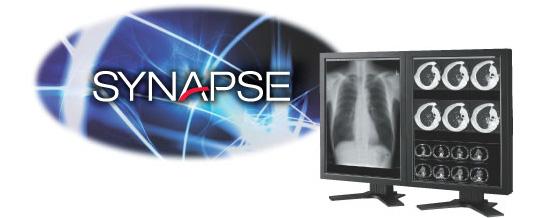By Jean-Jacques DeLisle, contributing writer
Fujifilm has announced its expansion into the U.S. market with a new development initiative to harness artificial intelligence (AI) to enhance digital imagery capabilities. The multinational photography and imaging company has been a pioneer in diagnostic imaging and information systems for health-care facilities for quite some time. Now this lead provider in medical technology has decided to take a slightly different direction.
Fujifilm stated that it will partner with its strategic customers in the U.S. market to mainly draw upon clinical insights and medical expertise to bridge AI applications to imaging informatics solutions for health care. Upgrading digital image software like Synapse PACS and Cardiovascular with AI will aid experts to make speedy and informative decisions. AI will lend a hand to medical field experts by refining collections of digital photos to just the ones that a technician would want to see. By eliminating useless medical X-ray and diagnostic picture shots, this AI will hopefully shave serious time for over-encumbered experts and systems. This momentous decision to join the AI tech war will not only offer advancements in the field of medical technology, but it might even alter the practice of medicine as we know it.

Synapse: Fujifilm’s medical imaging and informatics management system. Image source: Fujifilm.
But this initiative didn’t suddenly arise out of nothing. By applying machine learning to large collections of digital photo files, Fujifilm developed a program called Image Organizer, which is an analysis technology that can automatically determine what people would typically view as the best shots out of a set of photographs. Information and Communications Technology (or ICT) was also a fundamental part of Fujifilm’s development of SYNAPSE VNA, a medical integration archive system that can centrally store and manage diagnostic images and videos, allowing them to be shared easily within one medical facility and among multiple facilities as well. Fujifilm has continuously refined its ICT technologies and used them to create a wide variety of products and services, but introducing the elusive AI element into this equation will only result in more beneficial health care and systems.
The company is especially excited with this AI development because of its recent release of its latest innovation, SYNAPSE 5 PACS, a disruptive technology that focuses on speed and interactivity to provide remarkable on-demand access to massive datasets. Bill Lacy, Vice President of Medical Informatics at FUJIFILM Medical Systems U.S.A., Inc. said, “Synapse 5 PACS, PACS, and specifically server side technology have the potential to realize considerable positive impacts from AI in the future.”
Advertisement
Learn more about Electronic Products Magazine





